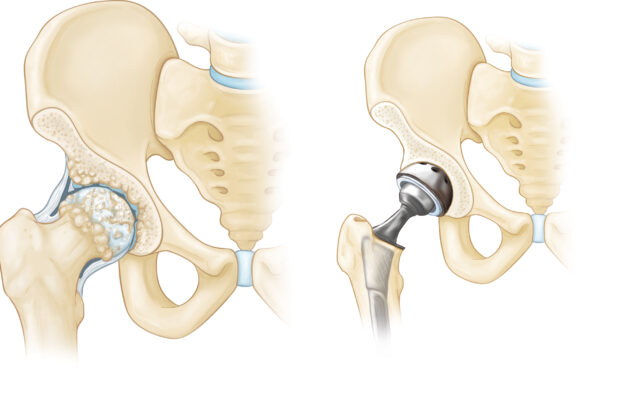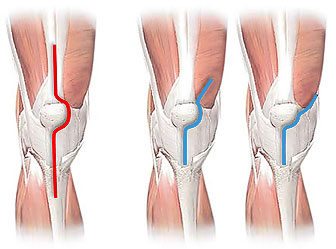Knee replacement surgery is neither a quick fix process nor risk free. Some serious kind of complications like blot clots and infections can occur in some cases. However precautions can help you prevent and control them better.
The way to recovery can be problematic as well as time consuming, principally with joint replacement surgery. Somehow people who undergo knee replacement surgery experience reductions in their pain and significant improvements in physical well-being and quality of life.
In spite of the risks of surgery, the expenditure, and the considerable commitment of time required for recovery, the prospective profits for your physical and mental health are immense.
Many people often cancel decision of doing knee replacement surgery, even when their doctor assures that surgery it is suitable option. May be they feel their pain isn’t bad enough to deserve joint repair. One potential reason for delaying surgery, yet, is obesity. While joint replacement surgery is operational in the majority of people who are overweight. Being stout does make the surgery riskier.
A current survey disclosed that even though recovery can be time-consuming and sometimes painful but 82% of patients with this kind of surgery are excessively or completely satisfied with the results.
Noteworthy complications befall in about 40% of patients who undergo joint replacement surgery. The common is blood clots in leg veins. Doctors take precautions to avoid this by advising blood thinners like aspirin or heparin. They are also using leg compression equipment (normally an air pressure product that repeatedly inflates and deflates for massaging the leg keeping blood flowing).
A possibly more thoughtful but less common complication is infection. Maximum of the infections can be treated with antibiotics. However infections deep in the joint can necessitate exclusion of the prosthesis. Ultimately, your surgeon can re-implant a new prosthesis.
People who have an Arthroplasty need to guard against infection for at least one to two years after surgery. This can be done by taking oral antibiotics for even minor infections and earlier dental work or urinary checkups. Nevertheless, with precautionary measures, the infection rate is not more than 3%.



